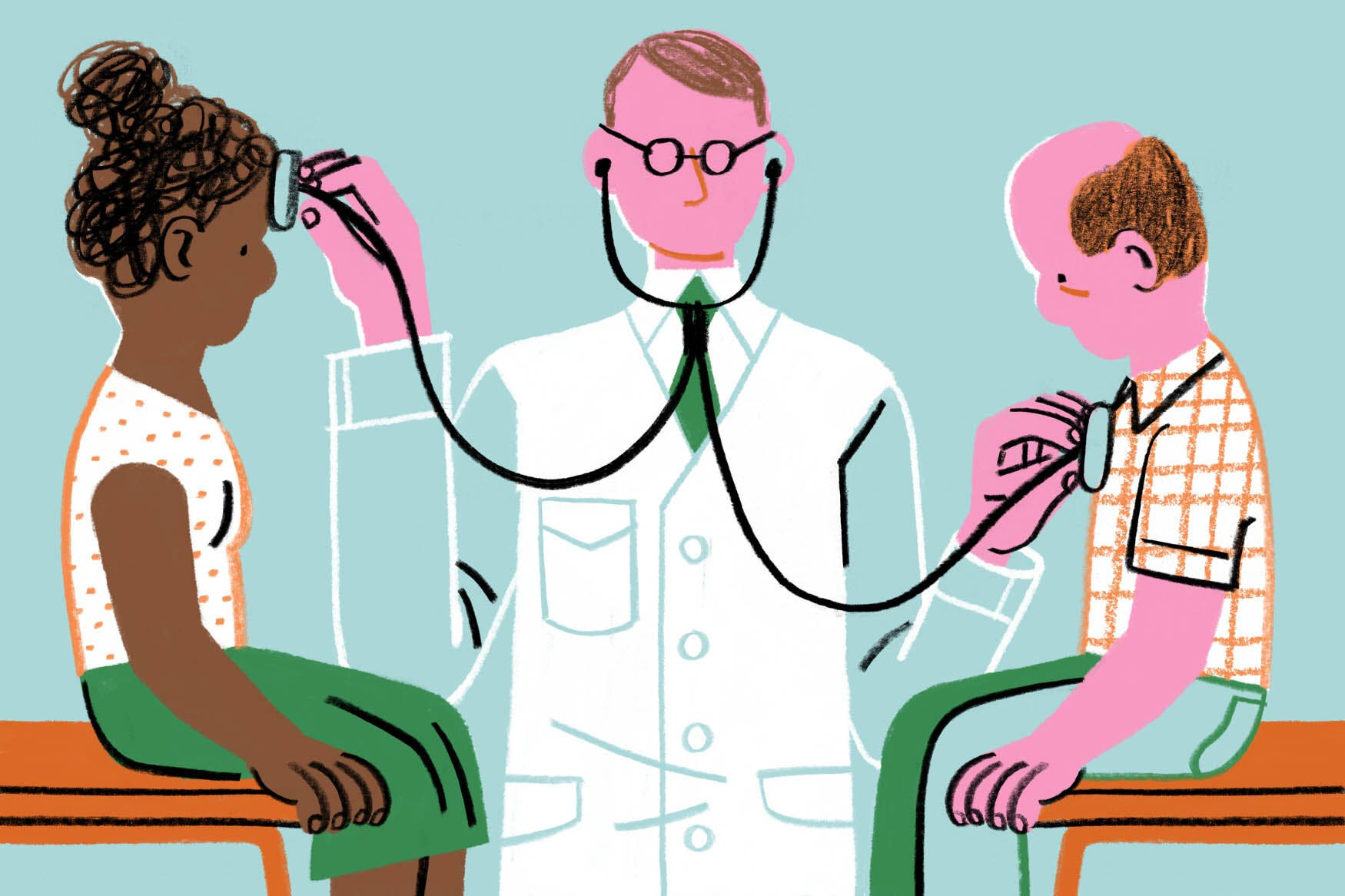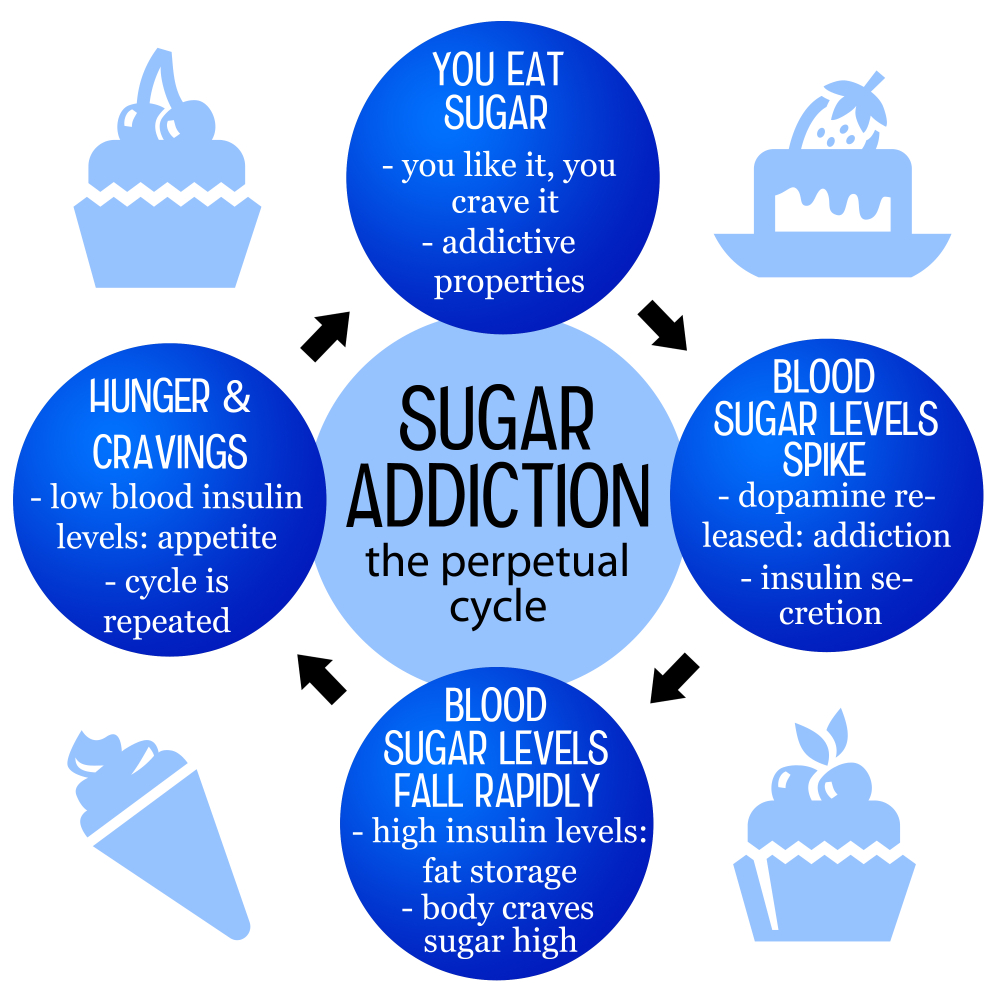Medical gaslighting is a troubling phenomenon that affects countless individuals seeking help for their health conditions. Many patients suffering from chronic illnesses, often experiencing symptoms that are difficult to diagnose, can feel their experiences dismissed by healthcare providers. This dismissal can severely strain the patient-doctor relationship, leaving individuals in need of medical validation feeling misunderstood and unsupported. As pressures mount on healthcare professionals to manage large caseloads and complete extensive documentation, the challenges they face can lead to moments of inattentiveness that inadvertently invalidate patients’ experiences. Addressing the issues of medical gaslighting is crucial in fostering a sense of empathy and understanding within the healthcare system to enhance chronic illness support and improve patient outcomes.
At its core, medical gaslighting, alternatively referred to as medical invalidation, involves the denial or minimization of a patient’s lived experiences regarding their health. This dismissive behavior often stems from a healthcare provider’s inability to pinpoint a clear medical cause for a patient’s symptoms, thereby disregarding the patient’s reality. As pressures intensify within the healthcare sector, the need for efficient patient management sometimes compromises the quality of interaction, leading to feelings of alienation for patients. This phenomenon is notably linked to the broader issues of symptom dismissal, which erodes trust within the patient-doctor relationship. It is essential to cultivate an environment where open dialogue thrives, encouraging healthcare professionals to engage meaningfully with patients and validate their concerns.
Understanding Medical Gaslighting
Medical gaslighting refers to the phenomenon where healthcare providers dismiss or undermine a patient’s experiences and symptoms, often leading patients to doubt their own health-related experiences. This term has gained prominence in recent years, especially on social media platforms, as more individuals share their personal accounts of feeling unheard by their doctors. Understanding medical gaslighting is crucial for improving patient care and enhancing the patient-doctor relationship. It highlights an essential issue where the emotional and psychological needs of patients are often overlooked, creating a barrier to effective treatment.
Many patients with chronic illnesses such as fibromyalgia, long COVID, and irritable bowel syndrome often experience this type of invalidation. When doctors fail to recognize the legitimacy of their symptoms, it can lead to a sense of isolation and frustration for the patient, who may already be struggling with their health. By providing proper medical validation and actively listening to patients, healthcare providers can foster more supportive relationships, ultimately leading to better health outcomes.
The Impact of Pressure in the Healthcare System
Today’s healthcare environment places immense pressure on physicians, leading them to prioritize efficiency over patient-centric care. High patient loads and stringent documentation requirements can prevent doctors from engaging deeply with their patients. This often results in quick consultations where there is little time for discussing symptoms thoroughly or addressing patient concerns. Unfortunately, such an approach can contribute to feelings of dismissal, reinforcing perceptions of medical gaslighting and further eroding trust between patients and their healthcare providers.
Moreover, when healthcare professionals are overstressed and overworked, they become prone to develop blind spots regarding the emotional needs of their patients. This can manifest in brief consultations where patients feel rushed or unheard. To remedy this, healthcare systems must recognize the critical need for balance within medical practice. Addressing systemic issues can help reduce pressures faced by providers, ultimately leading to a more compassionate and validating environment for patients with chronic health conditions.
Creating a Supportive Patient-Doctor Relationship
Fostering a supportive patient-doctor relationship is essential for preventing medical invalidation and gaslighting. Authentic communication should be a cornerstone of these interactions, ensuring that patients feel heard and empowered to share their health experiences. When healthcare providers adopt an empathetic approach and express genuine concern, patients are more likely to engage actively in their healthcare journey. This can involve taking the time to explain potential diagnoses, discussing treatment options, and validating the patient’s feelings and experiences.
Additionally, offering chronic illness support through patient education and ongoing communication can significantly enhance this relationship. Education helps patients understand their conditions better, which can alleviate feelings of confusion or frustration. By prioritizing open dialogue and medical validation, practitioners can build trust with their patients, leading to a collaborative approach to health that is characterized by respect, understanding, and comprehensive care.
Navigating the Complexities of Chronic Illness
Patients with chronic illnesses often face significant challenges in navigating their healthcare. These individuals may visit multiple specialists, endure numerous tests, and still struggle to receive an accurate diagnosis or effective treatment. Such experiences can lead to frustration and a sense of being misunderstood, often resulting in feelings of gaslighting when their symptoms are dismissed as psychosomatic. It is vital that healthcare systems recognize the complexities of chronic illnesses and take an individualized approach to care.
Moreover, support systems should be established to advocate for patients dealing with chronic conditions. This could include access to multidisciplinary teams that work together to provide comprehensive care plans and resources. Ensuring that patients feel recognized and valued in their healthcare journey is essential in combating feelings of invalidation, making the healthcare experience more empowering and beneficial.
The Role of Medical Validation in Patient Care
Medical validation plays a critical role in enhancing the patient experience. It involves recognizing and affirming a patient’s health concerns as legitimate, which can significantly impact their emotional well-being. When doctors validate their patient’s experiences, they foster trust and openness—elements that are crucial for effective healing. Medical validation helps patients feel empowered in their health journey, encouraging them to communicate openly about their symptoms and concerns without fear of being dismissed.
Furthermore, incorporating practices that bolster medical validation can lead to improved health outcomes. For instance, training healthcare providers in active listening, empathy, and appropriate response strategies can lead to more affirmative consultations. Emphasizing the importance of acknowledging a patient’s lived experiences encourages a more patient-centric approach to care, easing the distress that often accompanies chronic illness management.
The Challenges of Healthcare Provider Pressures
Healthcare providers face a multitude of pressures that can impede their ability to deliver compassionate care. Heavy workloads and increased administrative demands leave little room for meaningful patient interactions. This systemic pressure can lead to burnout, adversely affecting their relationships with patients. When faced with such overwhelming demands, it’s easy to unintentionally invalidate a patient’s experiences, thus contributing to feelings of gaslighting.
Understanding these challenges is the first step toward mitigating their effects on patient care. Healthcare systems should prioritize physician wellness and implement strategies to ease their administrative burdens, freeing them to focus on their primary role as healers. By recognizing the stressors on healthcare providers, we can foster a more supportive environment that enhances patient interactions and reduces the risk of medical gaslighting.
Empathy as a Tool Against Medical Invalidation
Empathy is a powerful tool that healthcare professionals can use to combat medical invalidation. By genuinely attempting to understand and reflect on a patient’s experiences, providers can improve the overall interaction significantly. Empathetic communication helps dismantle the barriers that often lead to feelings of dismissal, as patients are more likely to feel valued and understood when their providers engage with them empathetically. This emotional connection can lead to more accurate diagnoses and effective treatment plans.
Incorporating empathy into medical training is essential. During consultations, practitioners should focus not only on the clinical aspects of patient care but also on emotional validation. When patients feel their concerns are acknowledged and empathized with, it contributes to a more positive healthcare experience and encourages adherence to treatment plans, enhancing health outcomes overall.
Advocating for Patients in the Medical Field
Advocacy plays a crucial role in addressing the issues of medical gaslighting and patient dismissal. Patients often find themselves in a position where they need to advocate for their own health needs, especially when experiencing chronic and complex conditions. Educating patients about their rights and encouraging them to speak up when they feel invalidated can empower them significantly. This advocacy not only helps patients feel more in control of their healthcare journey but also encourages healthcare providers to take their concerns more seriously.
Healthcare systems should implement support structures that allow patient advocates to work alongside medical professionals. This collaboration can help bridge the communication gap, ensuring that patients’ voices are heard and respected. Empowering patients through advocacy is a fundamental step toward reducing instances of medical gaslighting and fostering a culture of compassion and respect in healthcare.
Future Directions for Patient-Centric Healthcare
The future of healthcare must prioritize a patient-centric approach to avoid the pitfalls of medical gaslighting and invalidation. This entails re-evaluating existing provider-patient dynamics and emphasizing the importance of understanding and validating patient experiences. As we move towards more holistic models of healthcare, leveraging technology and improved communication methods can facilitate better outcomes for patients, helping them feel more engaged and included in their treatment decisions.
Healthcare institutions should also focus on continuous improvement in training programs for medical professionals that incorporate empathy, active listening, and patient engagement strategies. By fostering a culture that values and respects patient experiences, we can reduce the prevalence of medical gaslighting and enhance the overall quality of care. Ultimately, creating a supportive healthcare environment will lead to better health outcomes and a more positive experience for patients facing chronic illnesses.
Frequently Asked Questions
What is medical gaslighting and how does it relate to symptoms dismissal?
Medical gaslighting refers to a situation where healthcare providers dismiss patients’ symptoms, often leading to feelings of invalidation. It occurs when doctors suggest symptoms might not be real or are ‘all in the patient’s head,’ which can severely impact the patient-doctor relationship, especially for those with chronic illnesses.
How can I recognize if I am experiencing medical gaslighting from my healthcare provider?
Patients may recognize medical gaslighting when their symptoms are consistently dismissed or invalidated by their healthcare provider. If your doctor fails to acknowledge your experiences, shows impatience, or suggests your issues might be psychological without investigating further, these may be signs of medical gaslighting.
What challenges do healthcare providers face that contribute to medical gaslighting?
Healthcare providers are often under pressure from high patient volumes and administrative burdens, which can result in rushed consultations. This environment can inadvertently lead to behaviors that dismiss patient symptoms. Acknowledging these systemic issues helps foster understanding in the patient-doctor relationship.
Why is medical validation important in the context of chronic illness support?
Medical validation is crucial for patients with chronic illnesses, as it helps them feel heard and supported. When healthcare providers validate patients’ experiences, it builds trust and improves the provider-patient relationship, encouraging better communication and treatment outcomes.
Are there ways to improve patient-doctor relationships to combat medical gaslighting?
Improving patient-doctor relationships can involve open communication, where both parties feel comfortable discussing symptoms and concerns. Doctors should aim to actively listen, validate patient’s concerns, and collaborate with them to explore potential diagnoses, which can reduce the risk of medical gaslighting.
What steps can patients take if they feel they have been a victim of medical gaslighting?
If patients feel they have been subjected to medical gaslighting, they should seek a second opinion, keep a detailed journal of their symptoms, and communicate their experiences clearly to new healthcare providers. Sharing feelings of invalidation can help doctors understand and address the underlying issues in care.
| Key Point | Description |
|---|---|
| Definition of Medical Gaslighting | A phenomenon where patients feel dismissed or invalidated by healthcare providers, especially regarding hard-to-diagnose conditions. |
| Psychologist’s Perspective | Psychologist Alexandra Fuss explains that while some refer to it as ‘gaslighting’, many instances lack malicious intent and may be better described as ‘medical invalidation’. |
| Impact of Healthcare System | Increasing pressures on healthcare providers lead to rushed patient interactions and potential feelings of invalidation. |
| Need for Compassion | Fuss argues that understanding the systemic pressures on healthcare workers is crucial for building better patient-provider relationships. |
| Call for Solution | There’s a need for systemic changes to relieve pressure on physicians to improve patient care experiences. |
Summary
Medical gaslighting is an increasingly recognized issue in the healthcare field, where patients often leave appointments feeling worse than before due to feelings of dismissal or invalidation. Psychologist Alexandra Fuss sheds light on this phenomenon, emphasizing that many instances of what is termed “medical gaslighting” may not involve direct intent to deceive but rather stem from the pressures and constraints faced by healthcare providers. Understanding the context of these interactions is vital for fostering compassion and improving patient care.



